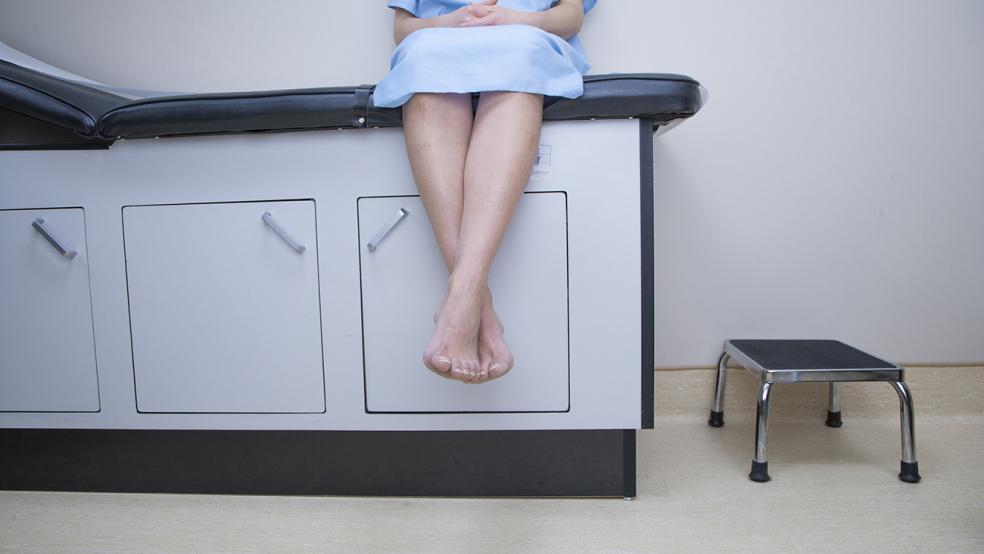The coronavirus relief bill passed by the Senate today in a 90-8 vote provides two weeks of paid sick leave for some workers and up to three months of paid family leave, with the cost of that leave covered through refundable tax credits. The paid leave provisions would cost nearly $105 billion over two years, according to the congressional Joint Committee on Taxation. President Trump is expected to sign the bill soon.
The legislation also includes provisions that:
- Require insurers to cover the cost of diagnostic tests.
- Expand food and nutrition services, including aid to food banks and meal-delivery programs for seniors.
- Provide emergency state unemployment insurance grants.
- Increase Medicaid funding at the state level.
What critics are saying: After passing the House early Saturday morning, the legislation was amended in a 90-page technical correction that watered down some its provisions, reportedly in response to pressures from business groups.
The Hill’s Niv Elis says that advocacy groups are slamming the legislation, charging that they will exclude far too many workers affected by the pandemic. Companies with over 500 employees — which account for the majority of employment in the U.S. — are excluded, though many already offer workers paid leave. Companies with fewer than 50 employees can apply for waivers. All told, only about 20% of U.S. workers will be covered by the bill, according to a critical op-ed in The New York Times — one that House Speaker Nancy Pelosi pushed back against.
Republican Senator Tom Cotton also criticized the way the paid leave rules work. “We worry that the bill setting up a new and complicated system relying on businesses giving paid sick leave and then getting a refundable tax credit won't move quickly enough and could put pressure on those businesses to lay workers off,” Cotton said.
Senate Majority Leader Mitch McConnell agreed that the bill was problematic, saying that “the House bill has real shortcomings. It does not even begin to cover all of the Americans who will need help in the days ahead.” But McConnell supported the bill nevertheless, and said he would focus on the next much larger relief bill that will provide direct cash assistance to taxpayers.
Pelosi said in a statement Tuesday that House Democrats would seek to expand the emergency leave mandate.



